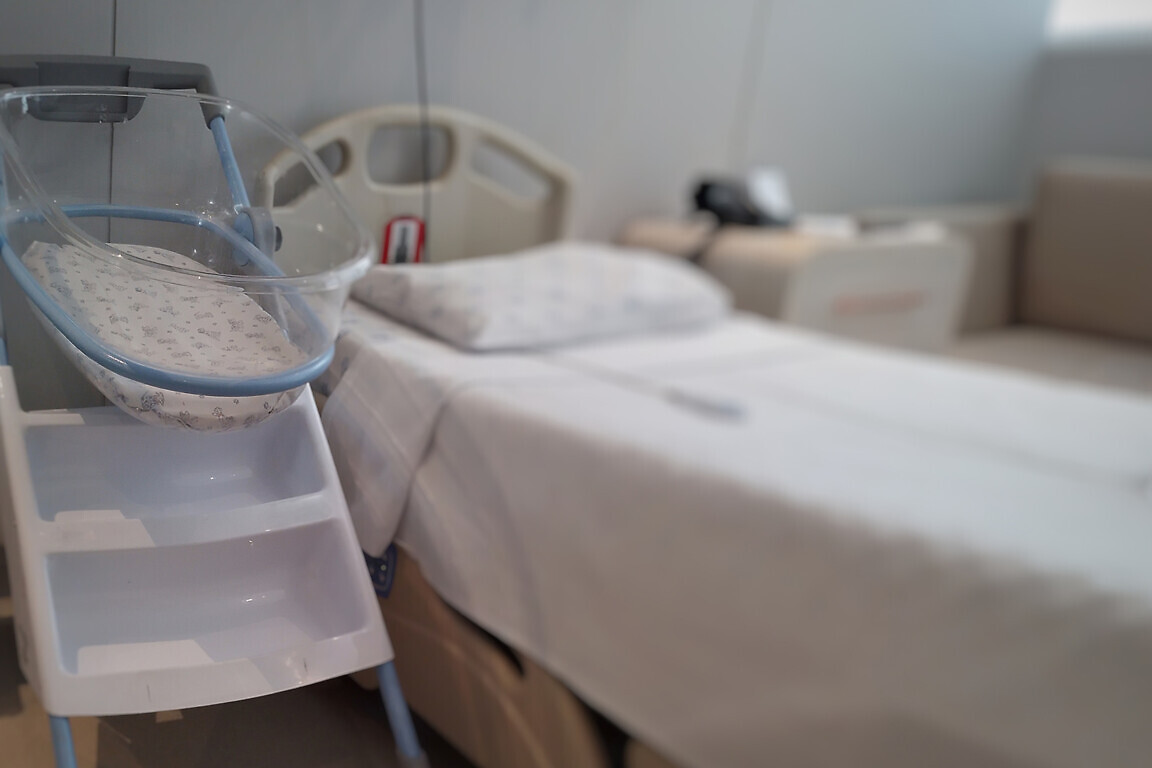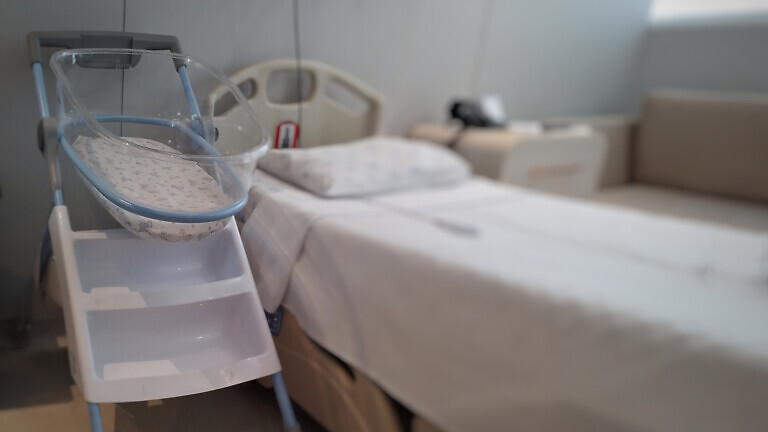Olivia Boschat, associate solicitor at Bolt Burdon Kemp, writes that excluding Shrewsbury & Telford and Leeds from the maternity care inquiry risks missing the big picture.
The National Maternity and Neonatal Investigation announced the 14 NHS Trusts to be investigated on 15 September. Now, two of the most notorious Trusts have been dropped from the investigation, and it has created outrage.
This National Rapid Investigation has come off the back of a series of individual maternity investigations around the country. Each independent investigation into the care provided by different Trusts has painted a similarly bleak picture. Descriptions of systemic cultures of cover-up, fear, inadequate staffing, and a startling lack of compassion should not be synonymous with maternity care. And these aren’t just from recent investigations – the Francis Report into the widespread failings at the Mid Staffordshire NHS Trust was back in 2013. Promises have been made repeatedly to prioritise patient safety, embrace the values of transparency and accountability and learn from mistakes, to ensure they are never again repeated. And yet, up and down the country, many NHS Trusts have not made the shift and mothers and babies continue to suffer significant harm and death.
The investigation is now well underway to look nationally at the worst Trusts and to develop and publish one set of national recommendations to make real change.
Worst offenders
Of the Trusts named in September was one of the worst offenders: Shrewsbury and Telford NHS Foundation Trust. Senior midwife Donna Ockenden concluded an investigation into the shocking and catastrophic widespread failings at the maternity unit in 2022. Failings so great that a police investigation began in 2020 to look at criminal culpability.
Another Trust named in September was one which featured in the headlines more recently for catastrophic care in maternity services and avoidable harm. Whistleblowers at Leeds Teaching Hospitals NHS Trust described a culture of fear, with examples of “near misses” due to inadequate staffing levels. A BBC investigation shockingly highlighted the potentially avoidable deaths of 56 babies and two mothers.
At the end of October, families affected by these two Trusts were notified that both have been removed from the maternity inquiry. The reason for Shrewsbury and Telford’s removal is the ongoing criminal investigation, while for Leeds, reasons of prejudicing a separate investigation have been given. Very little further information has been provided to explain why two Trusts, which would undoubtedly provide such important information to a national investigation, will now not be scrutinised.
For many families, this is simply not good enough. Indeed, I share their frustration. Why can’t the police investigation into Shrewsbury and Telford, and the separate investigation into Leeds, carry on in tandem with the larger inquiry? The police investigation, after all, did continue during the Ockenden investigation in 2022. The Ockenden Review is published and public. What good reason could there be to exclude such vital evidence from a national investigation looking into exactly the same thing?
The whole point of this investigation is to look at the worst maternity units to understand the common themes and provide a national overhaul for maternity and neonatal care. An overhaul is long overdue and desperately needed. This inquiry is one of a kind. It is unfathomable to ignore some of the most crucial information available without providing compelling justification. The amount of learning that will be missed by failing to consider the investigation done at Shrewsbury and Telford alone is significant.
But of equal if not greater importance is the impact this has on the families of those mothers and babies harmed at these two Trusts. Many families have campaigned for years for answers to the substandard care they received and called tirelessly for change. Although the inquiry’s chair, Valerie Amos, Baroness Amos, has called for families from Shrewsbury and Telford, and Leeds still to provide their stories, how much will these really be worth in the absence of any investigation into the care at the maternity units where they were treated?
Too important to fail
By narrowing the number of Trusts investigated, the purpose of the investigation becomes diluted. This siloed approach, while bespoke, may impact the effectiveness of the investigation and the ability to make nationwide improvements.
As a specialist women’s health solicitor, I see firsthand the effect that the maternity crisis has on families long-term. We as a firm have called the government to make a change. We called, like so many families and organisations, for urgent action to improve maternity care nationwide. More than half of maternity services in England are rated inadequate or needing improvement for safety. We called for the national inquiry and that must now deliver real reform, and crucially prioritise equity, particularly for black and minority ethnic mothers and babies.
This is too important to get wrong, and I am fearful that by reducing the number of Trusts to be investigated, particularly such important Trusts as Shrewsbury and Leeds, the investigation may miss the mark and be yet another report whose recommendations are never acted upon.



